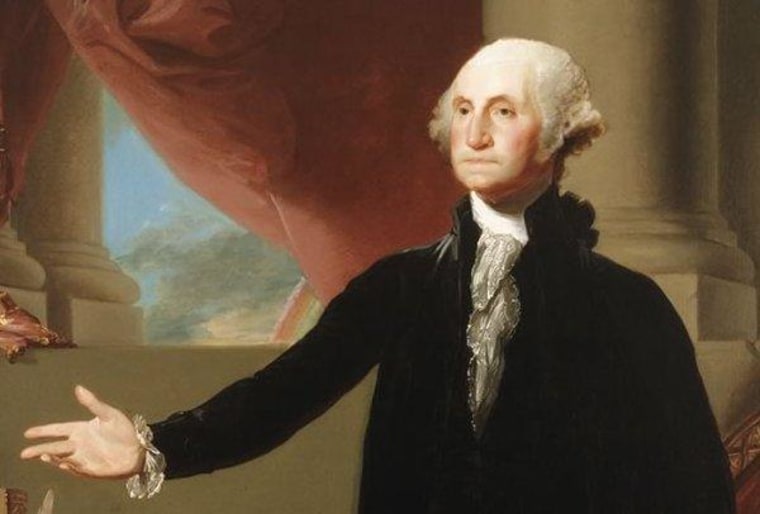For the last year or so, the principal argument from the right against the Affordable Care Act has focused on the individual mandate, which conservatives argue is a form of tyranny. Never before in American history, Republicans argue, have Americans been forced to make a purchase against their will.
At a surface level, there are a couple of obvious problems with the argument. For one thing, under the individual mandate, consumers aren't actually required to make a purchase against their will; they would simply have to pay a tax penalty if they choose to go uninsured. For another, some of the same Republicans making the argument believe there's nothing wrong with the government forcing women to purchase medically-unnecessary ultrasounds against their will.
And then, of course, there's the fact that Americans are already forced to buy all kinds of things. Drivers are required to purchase auto insurance; many homeowners are required to purchase flood insurance; factory owners are required to purchase safety equipment; etc.
But, the right argues, those are fairly modern developments. What about the American tradition, before it was tarnished by post-New Deal liberalism? Surely the Founding Fathers wouldn't have tolerated laws that compelled Americans to make specific purchase, right?
Wrong.
Ezra Klein flagged an item this morning from Eric Spiegelman, who raised an interesting point.
How far can the definition of Congress' enumerated powers be stretched? As Justice Scalia asked during oral arguments: if Congress can force you to buy health insurance, can they also force you to buy broccoli? The question I like to ask is: what if Congress forced you to buy a gun?
What a good question. The answer might surprise you.
I wrote about this quite a bit during the debate over health care reform, but the answer is, Congress has actually forced American consumers to buy a gun. In 1792, with George Washington's support, Congress passed a law requiring all men eligible for militia service to purchase a firearm and ammunition, even if they don't want to. There was no subsidy.
Six years later, in 1798, Congress passed and President John Adams signed a law requiring privately employed sailors to purchase health insurance. Soon after, Thomas Jefferson also supported a measure that required private citizens to pay into a public health care system.
I suppose Republicans might argue that George Washington, John Adams, and Thomas Jefferson didn't understand what the Founding Fathers wanted; their policies were at odds with the American tradition; and all three had an affinity for Obama-style authoritarian tyranny, but if they make that argument, I'm going to laugh at them.
